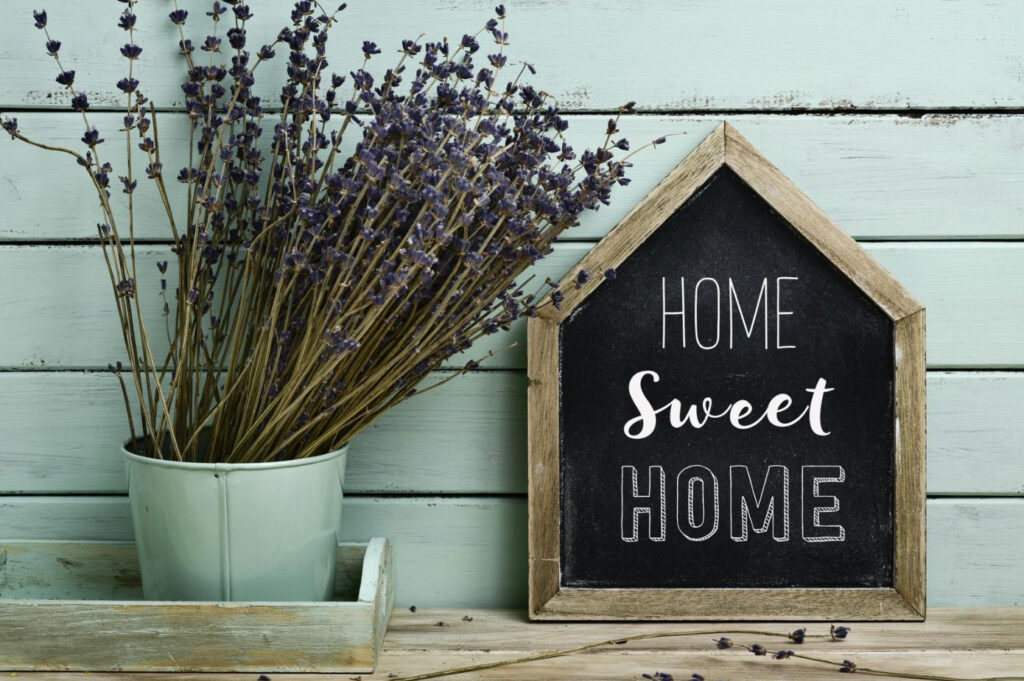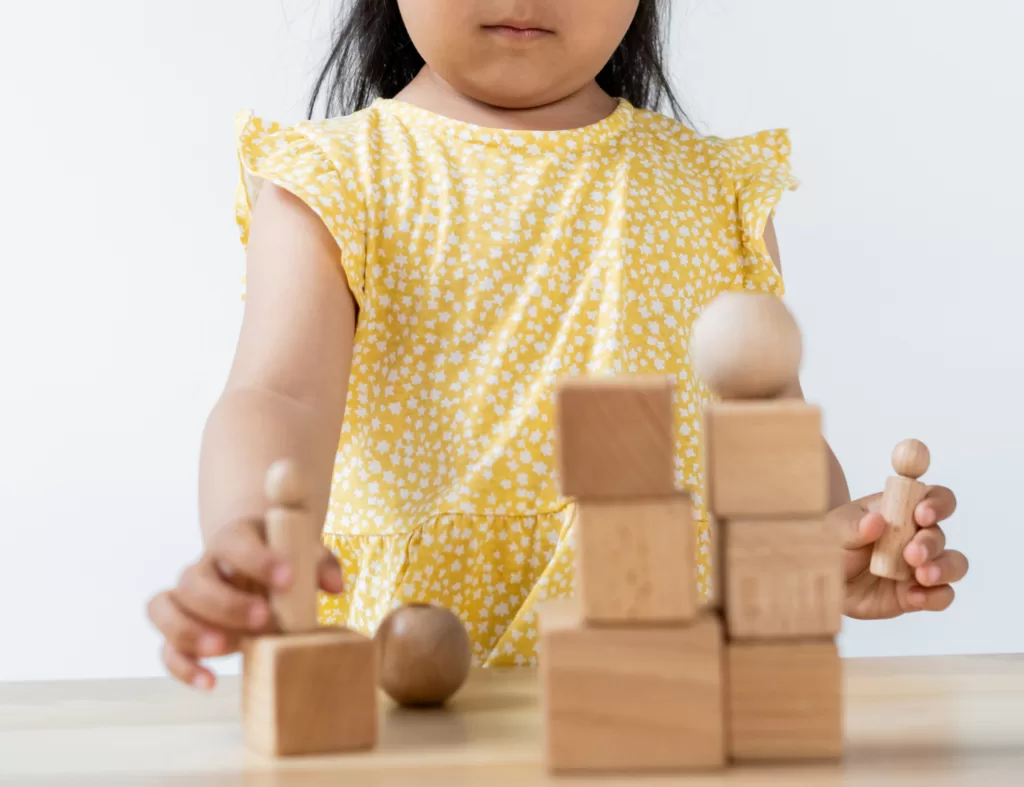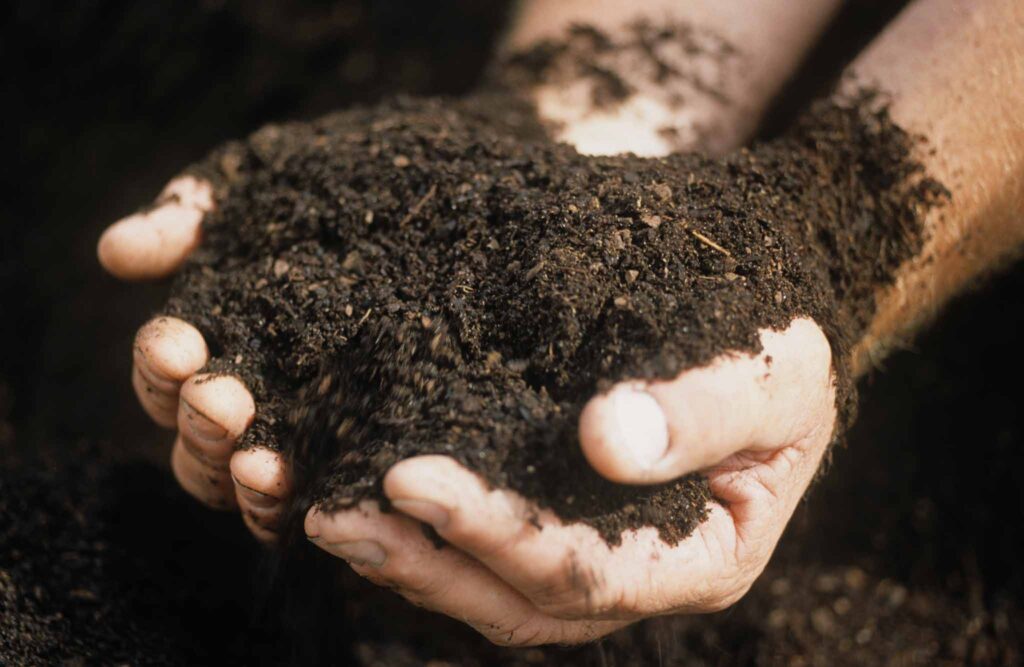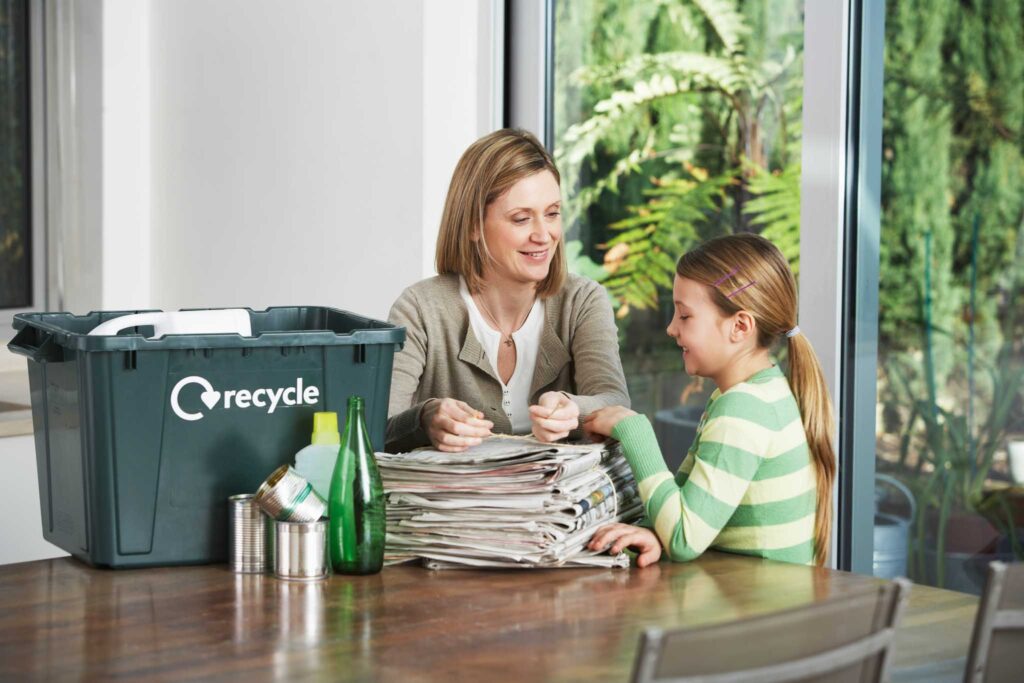Are Minimalists Happier? How Much Stuff Do You Need to Be Happy?
Estimated reading time: 11 minutes
We’ve all heard the phrases “a simple life is a happy life” and “less is more,” but how many of us genuinely believe this? Are minimalists actually happier than the rest of us? It’s no secret that we, as a society, have spent the last half century striving to have more. More monetary wealth, more respect, more power, more “success,” more house, and certainly more stuff. Pretty much the opposite of sustainable or minimal.
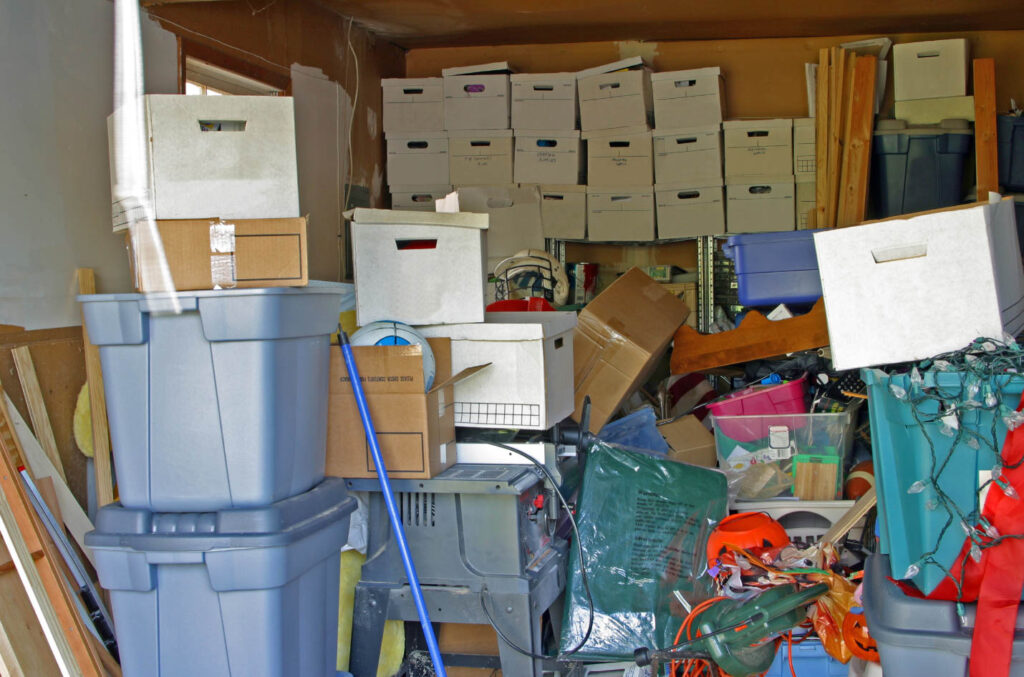
The release of the TV show Hoarders in 2009 had us all cringing at what over-consumption can lead to. The documentary Minimalism, released in 2016, set out to show viewers that their life might be more with less.
Can reversing this mindset and becoming a more minimalistic society make us happier? Let’s find out.
What is Minimalism?
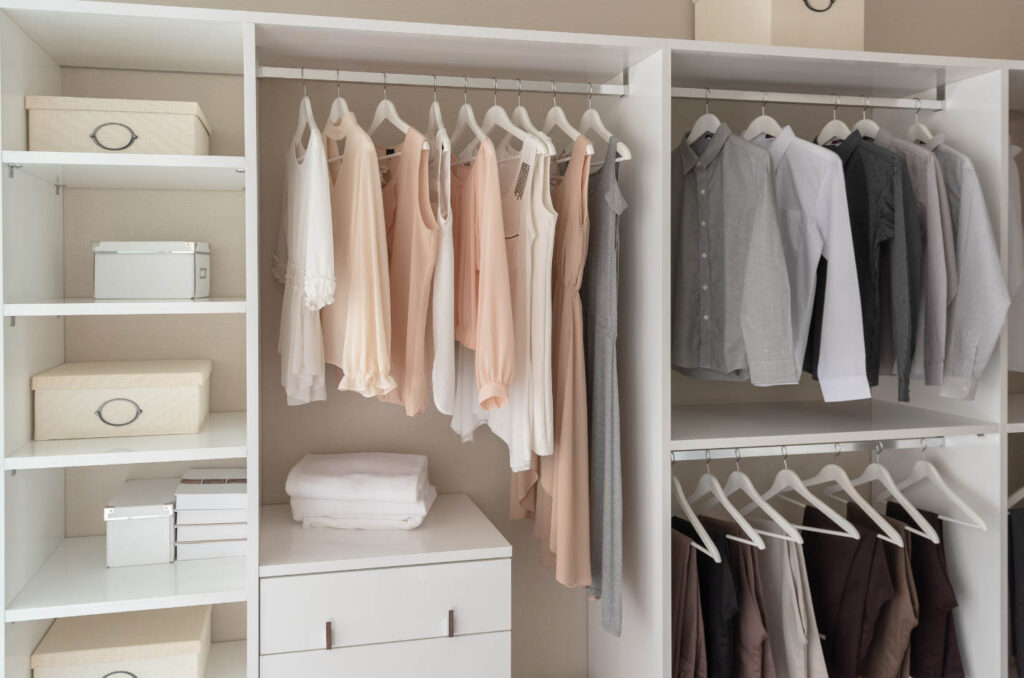
Put simply (pun intended), most agree that a minimalist lifestyle involves intentionally reducing one’s material possessions to live a more uncomplicated life. An example of a simple minimalist lifestyle might be someone who only purchases truly essential items, like food and medication. Others have opted for a more extreme minimalist lifestyle, living in tiny sustainable homes or even out of a vehicle or suitcase.
Regardless of how each one would define minimalism, minimalistic people all have one thing in common – the belief that willfully owning less is now the key to a happier life.
How are Minimalism and Sustainability Linked?
There’s no doubt that the amount of waste we produce is shameful. Landfills overflow, the ocean is overrun with plastic, and 119 billion pounds of food is thrown away in the U.S. each year. Regarding the scale of minimalism vs. maximalism, we’re definitely on the wrong end of the spectrum.
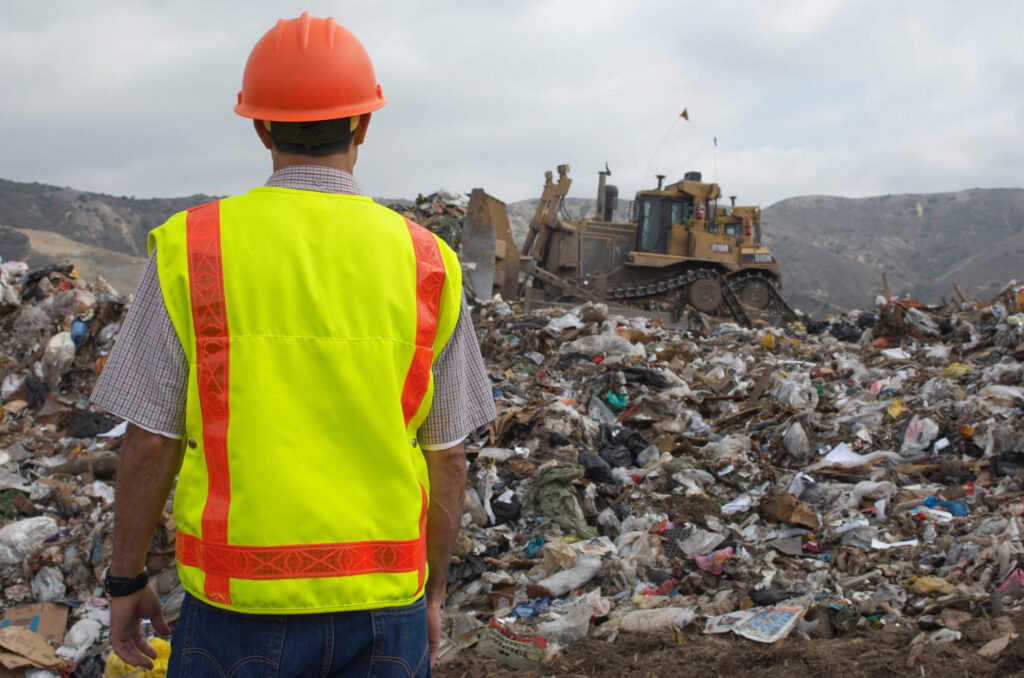
We also need to look beyond the fact that when we consume less, we produce less waste. By adopting a more minimalist lifestyle – purchasing minimal clothing, toys, shoes, anything – we produce less pollution. Every single thing on this Earth requires water to create. Sourcing, manufacturing, production, and shipping all require energy, most of which still comes from burning fossil fuels.
So, is minimalism good for the planet? Dare I say – obviously! But are minimalists happier? Read on to find out!
Minimalism is More Than Just Fewer Things
It’s important to realize that living a simple, minimalistic lifestyle means more than simply getting rid of all the possessions you don’t genuinely need. Truly minimalistic people, whether they practice simple or extreme minimalism, would tell you it’s a minimalism mindset or minimalism philosophy that leads to practice.
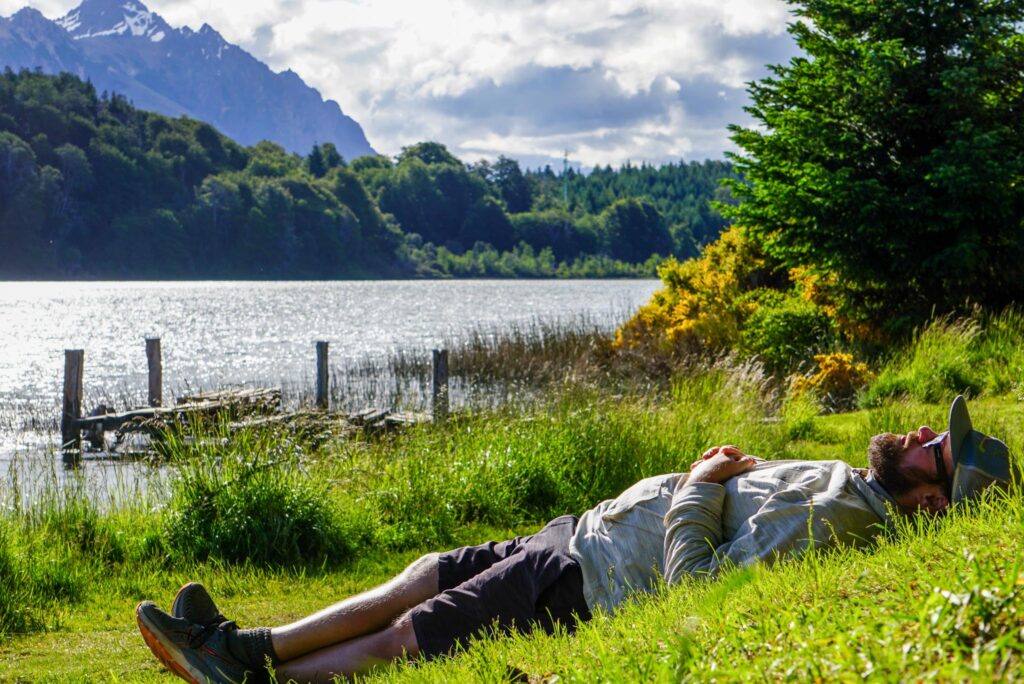
Less “stuff” can mean a number of things. Yes, fewer material items, but also less digital noise and fewer commitments or time spent on things that don’t bring you joy. A common question minimalists ask before purchasing or committing to something is, “will this add value to my life?” Once you’ve adopted this mindset, it really does require minimal effort to become a minimalist!
Benefits of a Living a Minimalist Lifestyle
Aside from the obvious that you will save money if you start buying fewer things, there are many benefits to living a more minimalist lifestyle. Let’s find out if becoming a minimalist will indeed make you happier.
Since less time and energy is spent on acquiring and caring for things, minimalistic people have more time for other, more meaningful areas of their lives. They tend to put more value on experiences and relationships and spend more time fostering connections with others (remember this point for later).
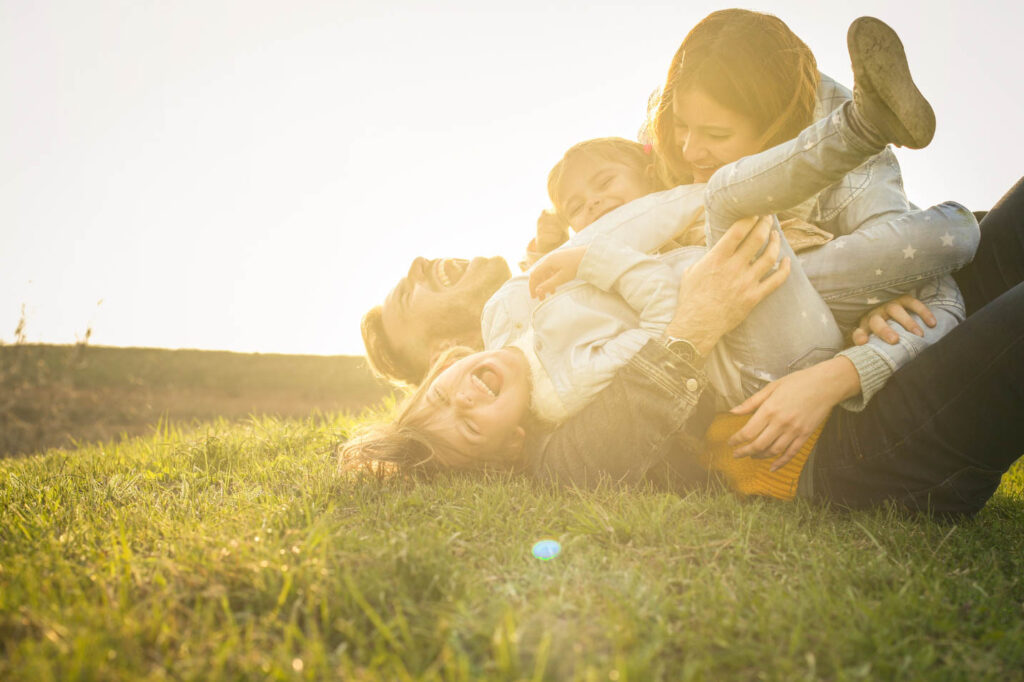
Living a more minimalist lifestyle helps us be more grateful for what we have in life rather than focusing on achieving what we think will lead to happiness. Minimal luxury in material possessions may actually lead to maximum wealth in other areas.
Another important minimalist benefit is honing your ability to say no, not just material things. So many of us say yes to things we don’t want to – taking on a project at work or going to an event we have no interest in. Learning to say no to possessions that don’t add value to our lives in some way helps us practice and realize that we can do the same in other areas.

When we begin to say no to things that won’t add value to our lives, we create more time to spend doing the things we love. For me, that’s sustainable outdoor recreation!
So, Does Becoming a Minimalist Make You Happier?
It’s time to find out if minimalists are happier than the rest of us. According to this dissertation, “improved psychological well-being was found to be a positive outcome of the consumption of experiences versus the consumption of materialistic goods,” and “minimalism has been shown to reduce stress and increase happiness.”
Since the concept of willingly living a more minimalist lifestyle is fairly new, there haven’t been that many studies to determine if adopting a minimalist lifestyle will make you happier.
However, much research has been conducted that shows that consumerism negatively impacts our mental health and happiness. This study outlines such an example: “materialists experience greater dissatisfaction with their standard of living than non-materialists, which in turn spills over to overall life, causing dissatisfaction with life in general.”
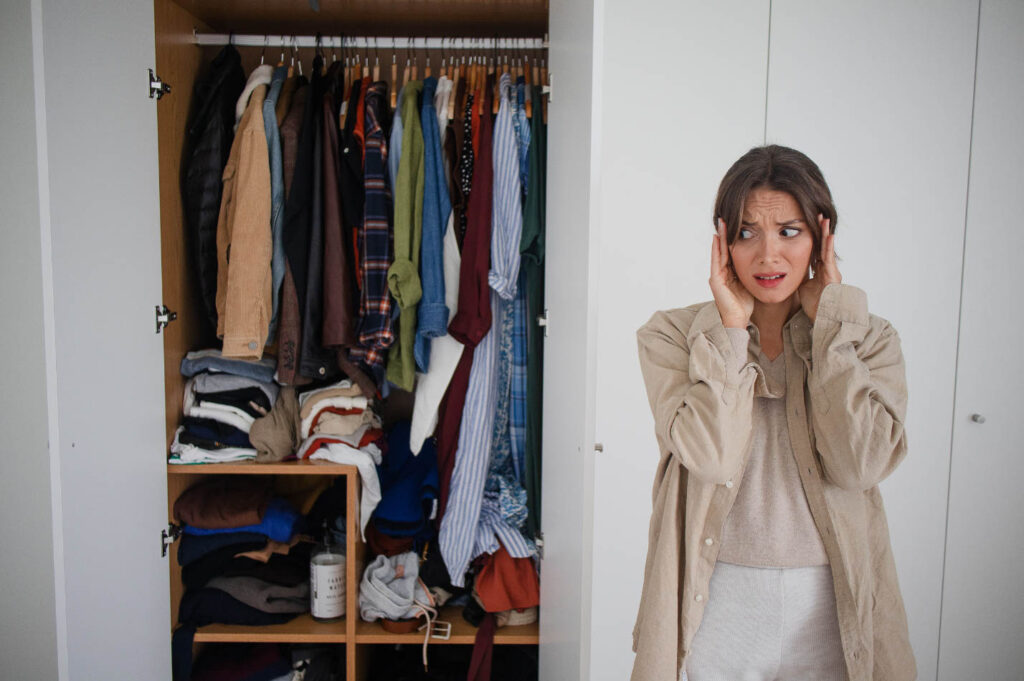
There is one study that has tracked thousands of people over many decades, including multiple generations within the same families. The Harvard Study of Adult Development began in 1938 and hoped to discover how early-life experiences affect health and aging over time. Turns out, “close relationships, more than money or fame, are what keep people happy throughout their lives,” the study revealed. And guess what? Those that reported “social fitness” – having healthy, fulfilling, and loving relationships – lived longer too.
Now I know what you’re thinking – but that’s not minimalism! But, my question to you is – what keeps you from nurturing the relationships in your life? I encourage you to really do a deep dive on this one and see what you come up with.
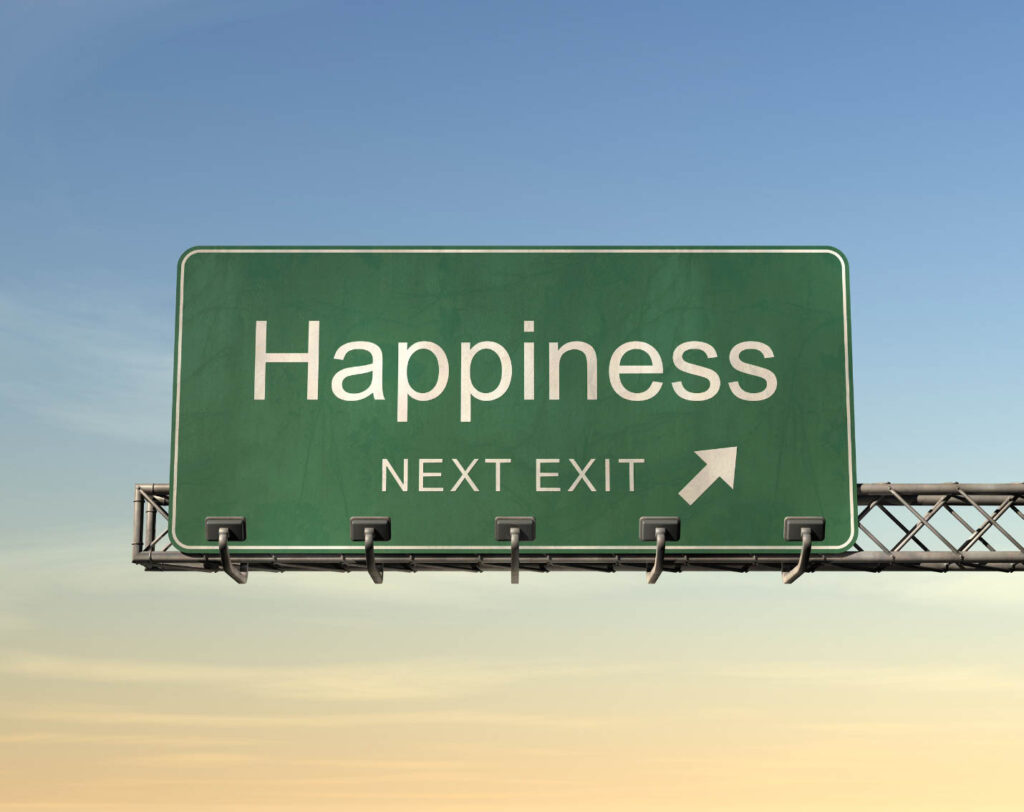
You can listen to an interview about the Harvard study on NPR with Dr. Robert Waldinger, the co-author of The Good Life: Lessons from the World’s Longest Scientific Study of Happiness.
How To Start Living a happier, Minimalist Lifestyle
This is sort of the chicken and egg situation. Do you need to have an epiphany and understand how to be happy with less first, or do you declutter your life and hope the mindset evolves? Everyone’s journey will look different, so I can only share with you what I think might be the least shocking way to begin living a minimalist lifestyle.

Start by trying to have a minimal day. A day when every decision you make is based on whether or not what you are about to do starts with the question, “will this add value to my life/day?” This could be if you plan to purchase something, do a chore, visit a friend, or take a class. Understandably, some obligations will be necessary, but if your knee-jerk reaction to it was “no thanks,” take a note to revisit that later.
Start noticing the possessions you aren’t using or aren’t actually bringing you joy when you do use them. Tuck them away somewhere, and if you don’t miss them after a while, get rid of them (responsibly, of course!) Make it a project to declutter one area of your home a week. You might soon notice that you feel more free and less stressed in those spaces. You will likely notice that if you make your home office minimal, you will be less distracted and more focused.
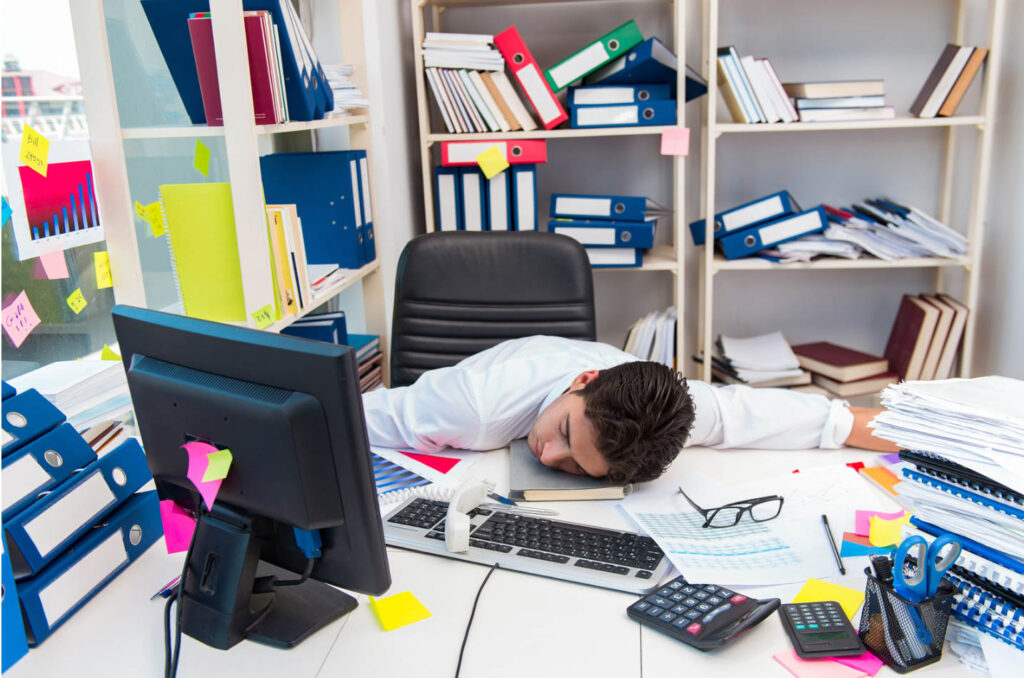
Clutter and disarray have always bothered me and led to stress and anxiety; digital clutter was no different. Digital minimalism and choosing a focused life in a noisy world were also important for me. If seeing all those unread emails or disorganized files brings you stress, make an effort to declutter in that area too.
No matter how you choose to take the leap into a life of simplicity and minimalism, I promise that, in the end, you won’t regret it.
Minimalism Inspiration
Fortunately, there is an abundance of minimal encouragers, books on minimalism, minimalism blogs and podcasts, and videos that showcase that simplicity is the key to happiness.
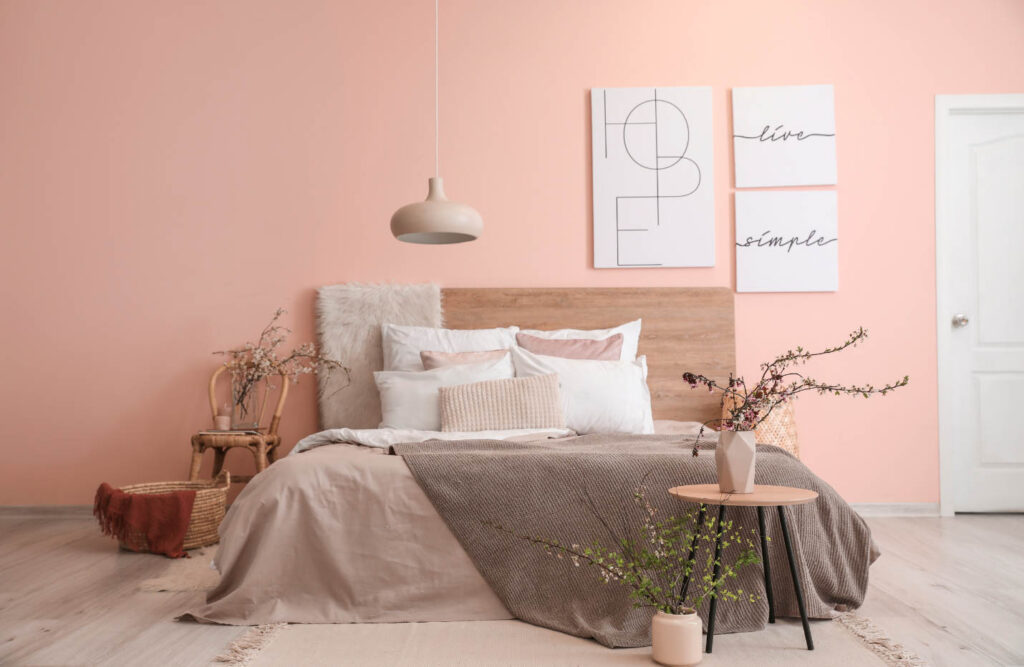
resources to check out for more information or encouragement
- The Minimalists – this website is run by the creators of “Minimalism: A Documentary About the Important Things” (2016) and “The Minimalists: Less is Now” (available on Netflix). They have a minimalists blog, books about minimalism, a podcast, and more. Two of my favorite things from this site are the little animated series called “Simples” and the Minimalism Game Calendar.
- A book that I have added to my reading list after writing this article is “The Good Life – Lessons from the World’s Longest Scientific Study of Happiness” by Robert Waldinger and Marc Schulz. If you want to be sustainable (and minimalistic) about it, see if you can acquire it from the library or as an ebook!
- One minimalist website/blog that I’ve found useful and inspiring is Be More with Less by Courtney Carver, the creator of the minimalist fashion challenge Project 333. You can even take a short quiz regarding your minimalism progress to receive some advice and suggested reading emailed to you based on the stage of your journey.
- Try looking up “minimalism challenges” and choosing one that seems feasible or speaks to you. The aforementioned minimal challenge Project 333 is good if you want to take minimal clothing for a test drive. For a quick peruse of five challenges, you can check out this article by The Minimalist Vegan.
- Check out this Ted Talk on minimalism by Christine Pratt for inspiration and her very relatable story. A quotable moment – “one of the first steps to living with less, is acknowledging that you have too much.”
Sign up for our newsletter here and we’ll send you a free copy of our “Ultimate guide: Understanding Sustainability!”
Final Thoughts about whether or not minimalists are happier
Whether you are aiming for an extreme minimalist lifestyle or just hoping to feel less suffocated by “stuff,” the road to minimalism doesn’t have to be difficult. I do believe that minimalists are happier than those burdened down with “stuff.” You can learn how to be happy with less, to love people and use things, and put the focus on what genuinely brings value and joy to your life.
Remember, every journey must begin with one single step, and when it comes to minimizing your life, the destination is well worth the trek.


